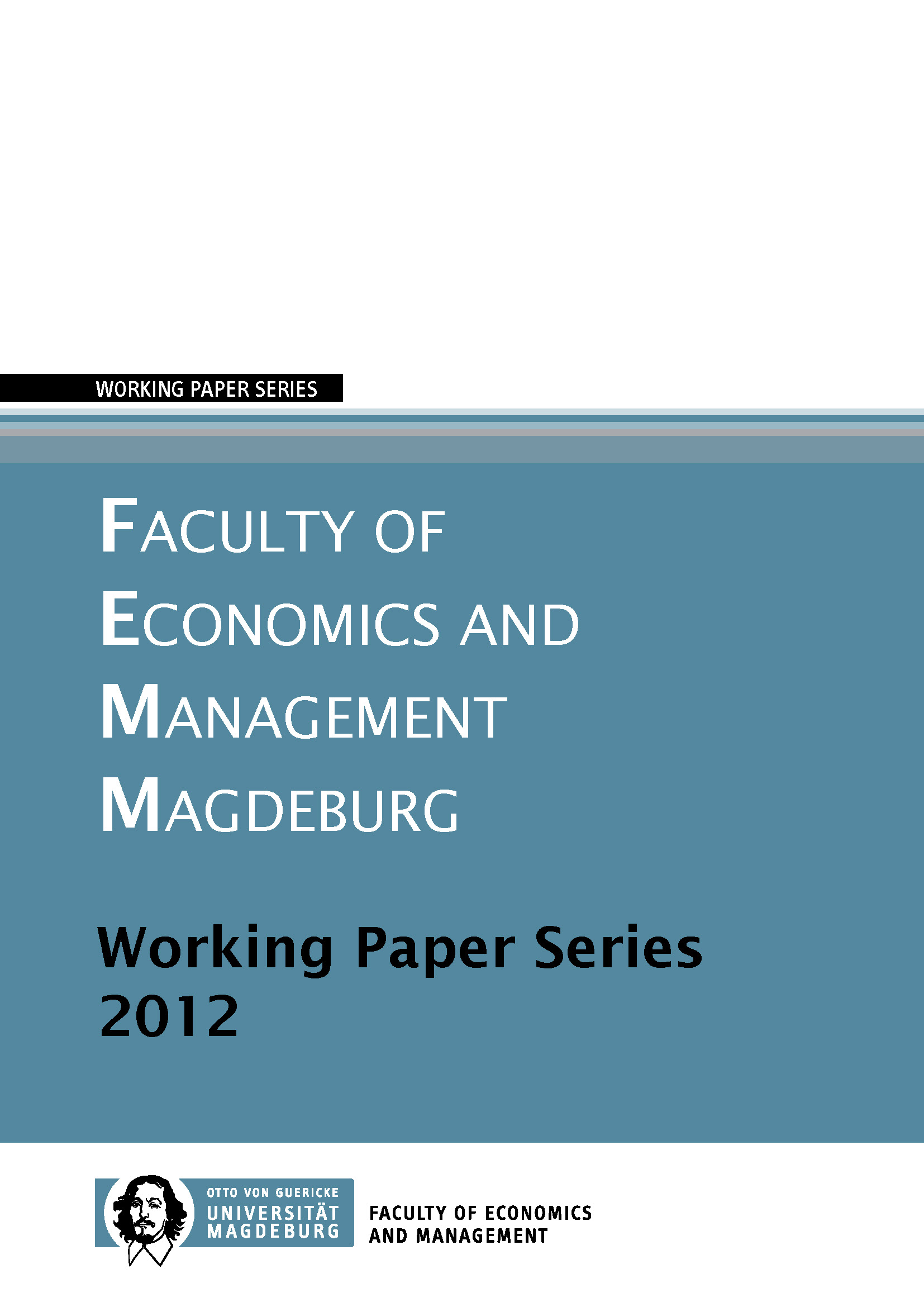An experimental study of mixed strategy equilibria in simultaneous price-quantity games
DOI:
https://doi.org/10.24352/UB.OVGU-2018-489Keywords:
Price-Quantity Competition, Mixed Strategy Equilibria, Experimental Economics, Learning Direction TheoryAbstract
We study oligopoly games with firms competing in prices and quantities at the same time. We systematically compare our experimental results to the theoretical predictions using the mixed strategy equilibria for linear demand functions. For the duopoly game, we observe that the mixed strategy equilibrium predicts average outcomes better than Cournot and Bertrand do. Subjects' price choices are mainly between marginal cost and monopoly level but do not follow the equilibrium distribution. Although average prices and profits are above theoretical values, we do not observe a high level of collusion as expected in the literature. By comparing simulations based on the mixed strategy equilibrium to our experimental outcomes, we conclude that in this game price setting can be explained by strategic reaction to preceding round results. In contrast to the equilibrium prediction, we observe a decrease in prices and negative average profits for the triopoly game.


